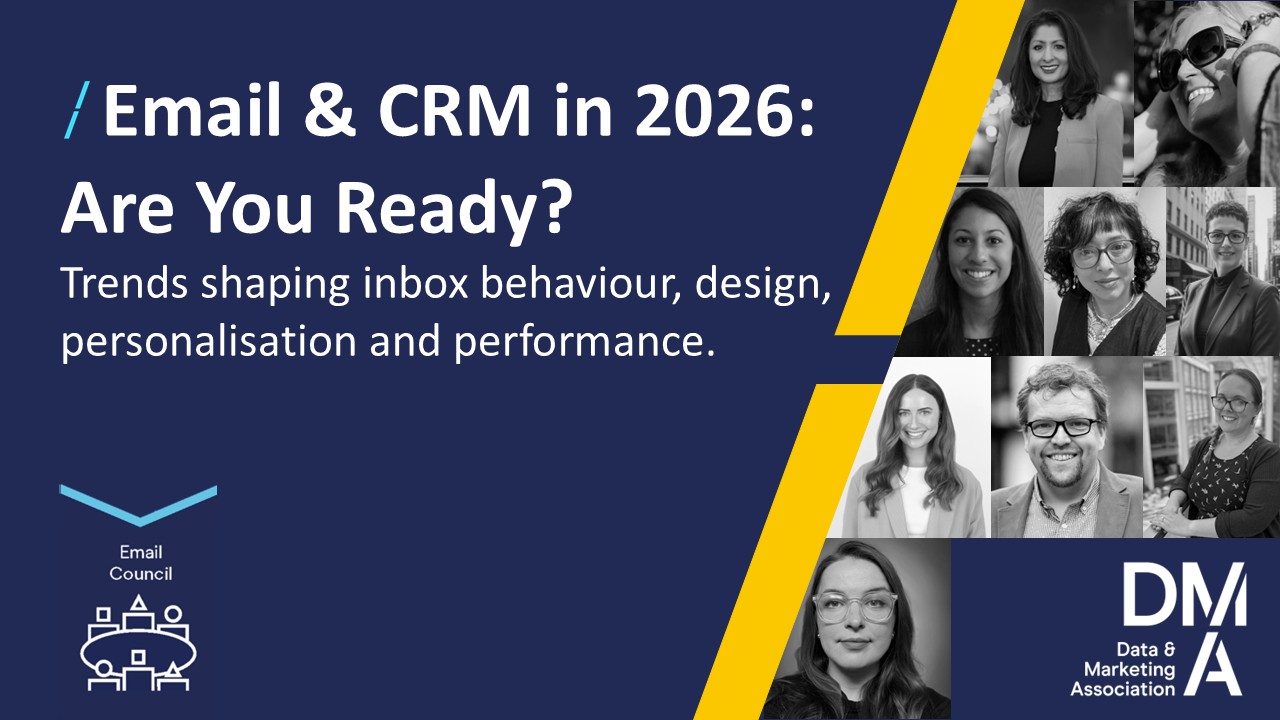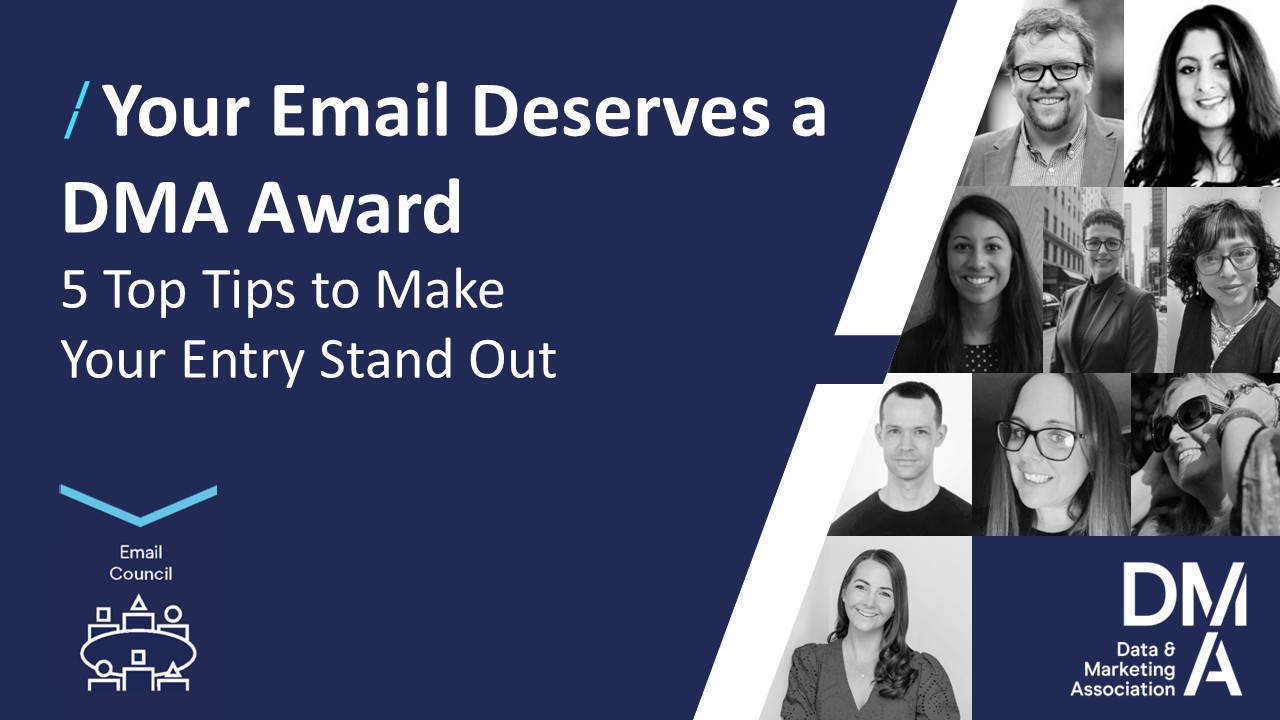Marketing engineering is the key challenge for successful b2b email marketing
12 Jun 2015
According to the “Quartz Global Executives Study”, email marketing is the most important measure to reach decision makers in companies. But there are some special characteristics in the b2b business, which must be anticipated in email marketing. Most purchasing decisions are dealing with highly specific products like management software or industrial machinery. This means, that the final purchase is usually preceded by a long information- and decision-process. Also after-sales services and consulting are common in b2b. This characteristics result in sometimes really long and complex customer lifecycles. Furthermore fewest recipients in b2b have a concrete purchase intention at the time, when they give their email marketing opt-in. So lead nurturing becomes one of the main tasks in b2b email marketing: systematically developing a recipient to become a customer.
Effective lead nurturing through individualised lifecycle communication
With lead nurturing, email marketing can really demonstrate its strenghts. Email marketing can provide every recipient at every point of the customer lifecycle with content exactly tailored to the needs of his company, his personal preferences and in addition raise his interest for a concrete product or service. The whole dialogue from the point of lead generation to handing over the lead to the sales team is fully individualised. But individualised lifecycle communication is not longer practicable manually. Marketing Automation becomes indispensable. An effective lead nurturing method is for example triggered follow-up campaigns, which dynamically adapt to the recipients reactions. First the recipient receive general information on a topic and when he reacts to it, the information becomes more and more solution-orientated, focusing specific challenges the recipients company is facing.
Generating legally certain profiling opt-ins
For individualised email marketing, deep insights about the recipients are needed, which are generated by analysis of personal data. But collecting and using personal data for marketing purposes is only legal with a permission (opt-in) of the recipient, in addition to the “general” email marketing opt-in. Gathering opt-ins for extensive profiling is therefore a very important issue. With data use management technology it is possible to automatically execute opt-up campaigns based on the current opt-in status of the single recipient. For example: if a recipient registers for a newsletter without giving an additional profiling opt-in, he is asked for the additional opt-in as a part of the welcome campaign. If he does not react to it, he receives special opt-up mailings, asking for the opt-in, in regular intervals.
Optimizing processes with automated content processing
An often underestimated challenge in individualised email marketing is the allocation of big amounts of relevant and highly granular content. The more precise the individualisation becomes, the more specific the content must be and more single fragments of content are needed. The amount of required content even increases in international communication, when different languages must be addressed. Industry sector- and market-analysis, whitepapers, checklists, case studies practical tips etc. are good examples of relevant content for b2b email marketing. In most companies, the particular content or at least the resources to create the content are already existent. But gathering, editing and approval processes are little efficient and become a bottleneck for the whole communication. To solve this problem the content processing must be automated, for example by using special excel sheets, which are filled with content and automatically transform this content into the right marketing measures.
Marketing engineering is the key to success





Please login to comment.
Comments